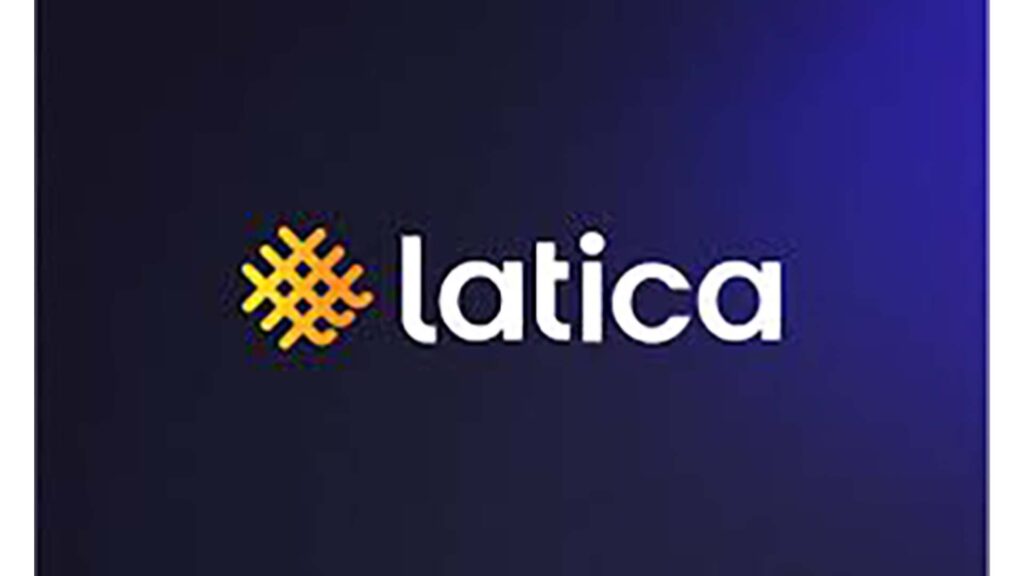The American Gastroenterological Association has teamed up with healthcare data analytics firm Latica to pioneer a real-world evidence (RWE) study in ulcerative colitis using AI and natural language processing (NLP). The study will leverage de-identified electronic health record data from major GI practice networks—Gastro Health (Miami) and Allied Digestive Health (New Jersey)—to explore how cutting-edge clinical guidelines play out in community care.
Key Takeaways
Living guidelines in action: Unlike static protocols, this study uses living clinical guidelines—constantly updated to reflect new therapies and evolving practice patterns.
Tracking what matters: Researchers will measure treatment adoption, patient pathways, remission rates, hospitalizations, and therapy adherence—offering a true picture of how evidence-based recommendations translate into daily care.
AI-driven foresight: With predictive modeling, Latica aims to anticipate patient needs and highlight treatment trends before issues escalate. This signals a move toward precision gastroenterology—care that’s smarter, faster, and more personalized.



